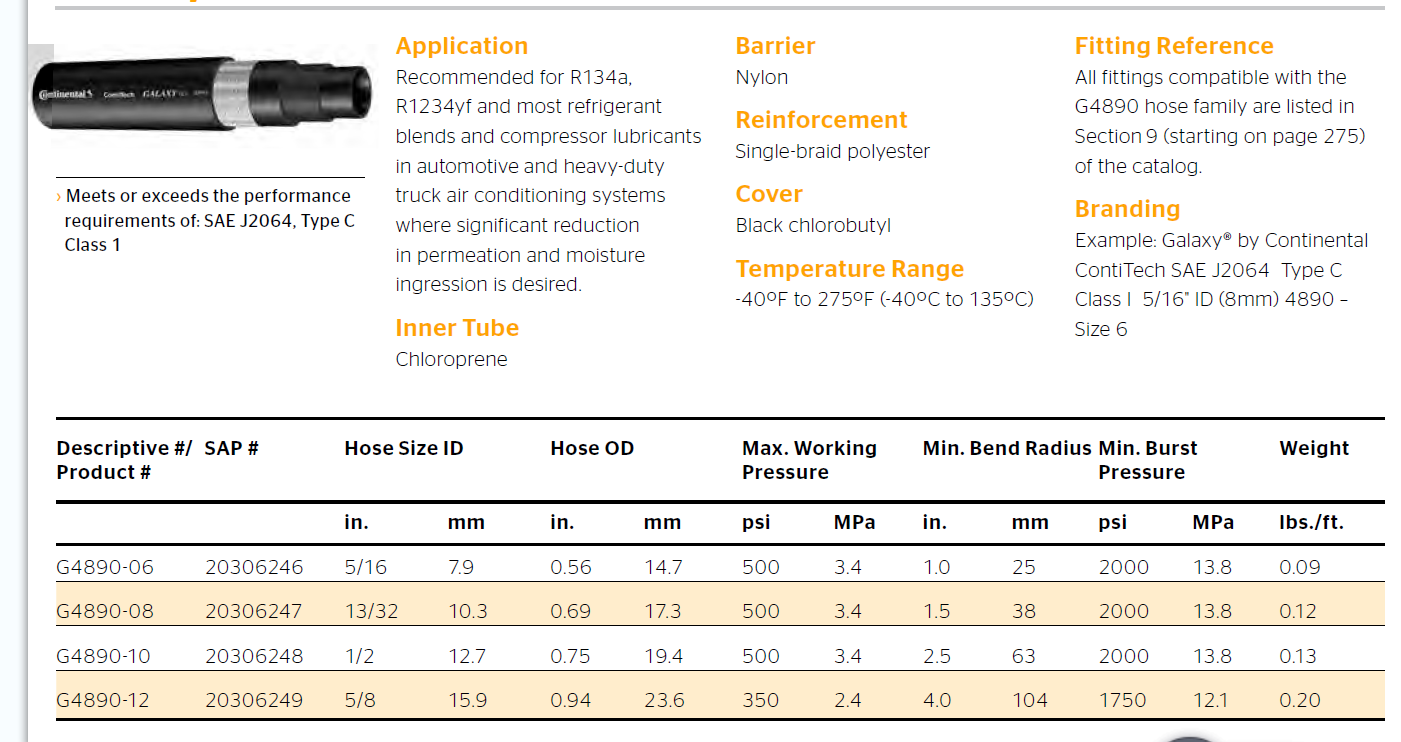diesel hoses
Nov . 12, 2024 01:09 Back to list
diesel hoses
The Importance of Diesel Hoses in Modern Transportation
Diesel engines have long been a cornerstone of various industries, from transportation to agriculture and construction. Central to the functionality of these engines are diesel hoses, which play a crucial role in delivering fuel, oil, and other essential fluids. These hoses are not just ordinary tubes; they are specifically designed to withstand the unique demands of diesel fuel, making them an essential component in modern machinery and vehicles.
Composition and Design
Diesel hoses are crafted from high-quality materials that are capable of withstanding the corrosive nature of diesel fuel. Typically made from synthetic rubber or thermoplastics, these hoses are reinforced with layers of fabric or steel to enhance their durability and pressure tolerance. The design of diesel hoses varies depending on their intended use; for instance, some hoses are intended for high-pressure applications, while others are suited for lower-pressure scenarios.
The inner lining of a diesel hose is particularly important as it must resist the breakdown caused by exposure to diesel and its additives. This durability ensures that the hoses will maintain their integrity over time, providing reliable performance in harsh conditions.
Types of Diesel Hoses
There are several types of diesel hoses available, each designed for specific applications. Fuel transfer hoses are widely used for moving diesel fuel from storage tanks to vehicles or machinery. These hoses are often equipped with camlock fittings for easy connection and disconnection. On the other hand, suction hoses are designed to draw diesel fuel from a tank or reservoir and are often reinforced to handle the vacuum pressure without collapsing.
Another category is the return hoses, which are utilized to return excess fuel from the engine back to the tank. These hoses are just as vital, as they help regulate the fuel system's operation. Additionally, hoses used in cooler systems also require specialized designs to withstand temperature fluctuations and thermal expansion.
diesel hoses

Maintenance and Safety
Proper maintenance of diesel hoses is crucial for ensuring operational efficiency and safety. Regular inspections should be conducted to check for signs of wear, cracks, or leaks. Damaged hoses can lead to fuel spills, posing environmental hazards and safety risks. Moreover, maintaining clarity with fluid flow is key; any obstruction can lead to engine inefficiency or failure.
When selecting diesel hoses, it's essential to consider factors such as operating pressure, temperature rating, and compatibility with the type of diesel fuel being used. Choosing the right hose not only enhances performance but also prolongs the lifespan of both the hose and the equipment it serves.
Environmental Impact
With the increasing focus on environmental responsibility, the diesel industry faces scrutiny regarding emissions and impacts. Utilizing high-quality diesel hoses can aid in achieving lower emissions by ensuring more effective fuel delivery and reducing leaks. Some manufacturers are now producing hoses that are not only durable but also made from eco-friendly materials, contributing to a more sustainable industry.
Conclusion
In conclusion, diesel hoses are an integral part of the machinery and vehicles that underpin many industries. Their unique design, specialized materials, and specific applications highlight their importance in ensuring efficiency and safety in diesel engine operations. As industries continue to evolve and face new environmental challenges, investing in quality diesel hoses and proactive maintenance practices will remain critical. Making informed choices in the selection and care of diesel hoses can lead to enhanced performance, reduced environmental impact, and ultimately, a more sustainable future for the diesel industry.
